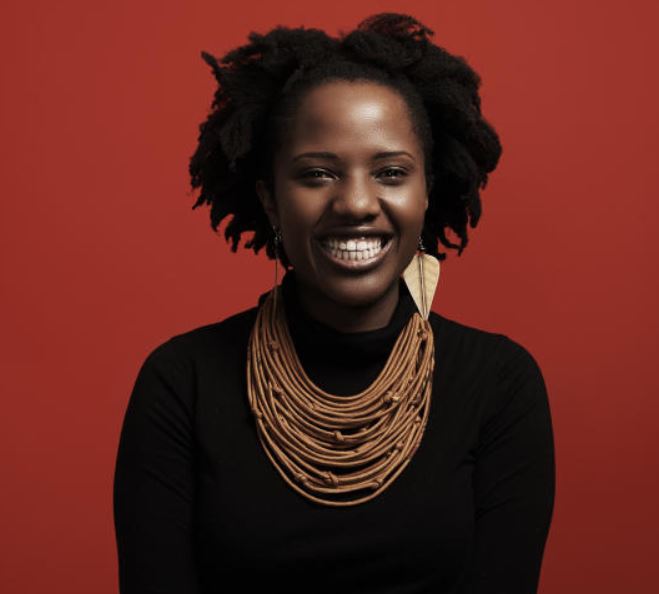×
The Standard e-Paper
Kenya’s Boldest Voice

Arts, crafts, designs and films inspired by Africa are all the rage these days. And Africans in the diaspora, as well as non-Africans with an affinity for the continent, are supporting this ‘renaissance’ with their wallets.
On the continent itself, growing economies, a rising middle class and rapid urbanisation are helping the movement along.







